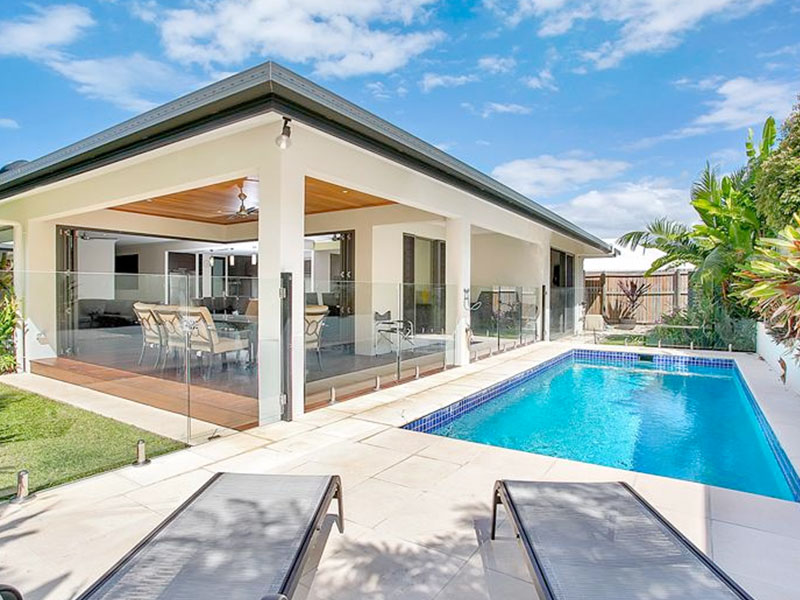 Renting out your home, rental property or holiday home for a short-term period can be a great way to make some extra income when you’re not personally using those properties but don’t want to lock in long-term renters. Airbnb, Bookabach and other online accommodation companies make it extremely easy to list your property as they take care of all of the advertising, booking and payment logistics. However, before you list your property there are potential regulations, agreements and rental tax implications you should be aware of.
Renting out your home, rental property or holiday home for a short-term period can be a great way to make some extra income when you’re not personally using those properties but don’t want to lock in long-term renters. Airbnb, Bookabach and other online accommodation companies make it extremely easy to list your property as they take care of all of the advertising, booking and payment logistics. However, before you list your property there are potential regulations, agreements and rental tax implications you should be aware of.
Regulations
Check with your property’s local council to see if there are any rules in place regarding short-term accommodation. For example, Auckland and Queenstown Lakes District are two councils who have introduced higher rates and tighter regulations on short-term accommodation. Under council regulations rented property is classed as commercial and therefore can be affected by rates charges and consents to operate.
Your council will also be able to advise on any Health and Safety regulations you need to comply with, such as smoke detectors, pool and deck fencing, storage of hazardous items and the provision of life jackets if there are boats or kayaks available to use.
Rental Agreements
Holiday rentals are not covered by standard rental agreements. Some accommodation listing sites have rental agreement templates you can use, and sites like Airbnb include booking terms and conditions in your page listing. Your agreement should be tailored to your property and circumstances, and should specify the rules regarding:
- Payment, including deposits, refunds and any additional charges such as for cleaning
- The maximum number of guests, also clarifying whether camping for additional guests is permitted
- Pets
- Smoking
- Liability if someone has an accident on your property
Rental Tax Implications
As is the case with other forms of income, any income earned from short-term accommodation, including one-off or irregular rentals, is subject to income tax. You must declare your rental income on your individual tax return. The good news is that you can claim expenses relating to the rental which were incurred while the property is rented out, such as cleaning, insurance and rates. Expenses which have both a private and business element (e.g. insurance, interest, rates) will be apportioned reasonably between private and business use.
If you have a property which you use privately for part of the year, rent out for part of the year, and is vacant (but available for rent) for part of the year then the rules for mixed use assets come into play. These rules are designed to limit tax deductible expenses by altering the apportionment of expenses between private and business use. More information can be found on the IRD’s website by searching for ‘holiday homes’.
Depending on your circumstances, it is possible for short-term accommodation income to be subject to GST. GST relating to short-term accommodation can be complicated and varied, so talk to your accountant about whether you are likely to be affected and if so what you need to account for.
In all instances we recommend keeping accurate records of all of your income and expenses.
Insurance
Contact your insurance provider before renting out your property as your policy may not cover rental situations. Consider cover for theft and damage by tenants, as well as public liability insurance in the event of a renter having an accident.
Please contact us if you have questions regarding short-term rental accommodation.
